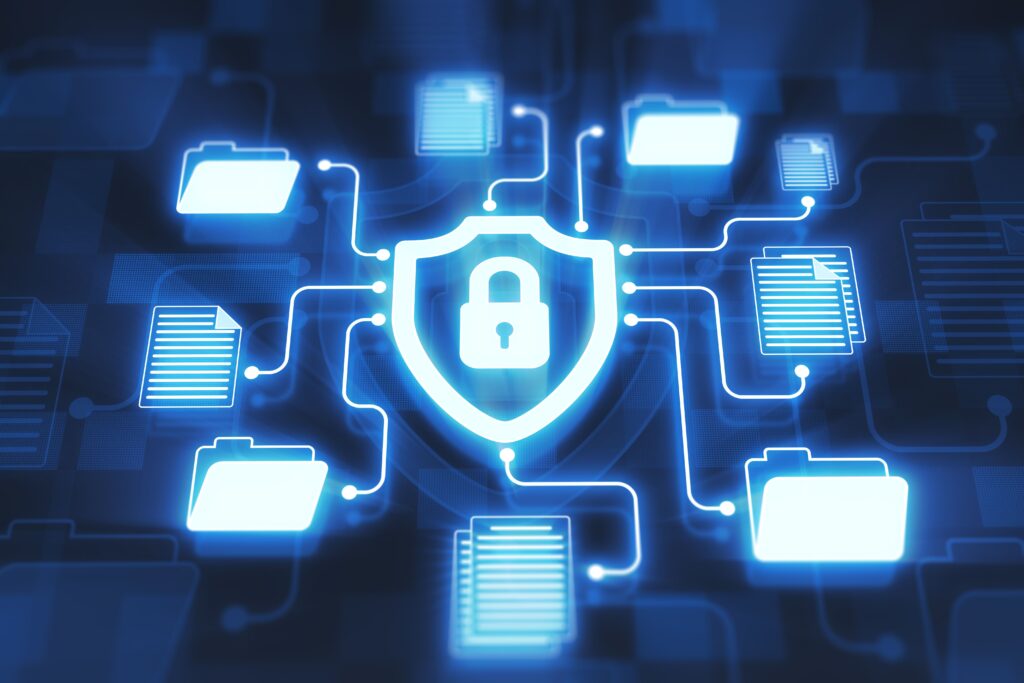
The Importance of Data Security and Privacy in Independent Practice
In today’s digital age, data security and privacy have become paramount concerns for healthcare providers, especially for independent practices. With the increasing reliance on electronic health records (EHRs), online communication, and telehealth services, safeguarding patient information is not just a regulatory requirement but also a fundamental aspect of building and maintaining patient trust. This blog explores the importance of data security and privacy in independent practice, the potential risks, and practical strategies for protecting sensitive information.
Why Data Security and Privacy Matter
Healthcare providers are entrusted with vast amounts of sensitive patient information, including medical histories, personal details, and financial data. For independent practices, this responsibility is particularly significant, as a breach in data security can have far-reaching consequences, not only for patients but also for the reputation and viability of the practice.
Patient Trust: Trust is the foundation of the patient-provider relationship. Patients expect that their personal health information will be kept confidential and secure. A data breach can severely damage this trust, leading to a loss of patients and a tarnished reputation for the practice.
Regulatory Compliance: Independent providers are subject to various regulations designed to protect patient privacy, such as the Health Insurance Portability and Accountability Act (HIPAA) in the United States. Non-compliance with these regulations can result in hefty fines, legal penalties, and damage to the practice’s reputation.
Risk of Identity Theft: Medical records contain highly sensitive information that can be valuable to cybercriminals. A breach can lead to identity theft, financial fraud, and other malicious activities that can cause significant harm to patients.
Operational Disruption: A data breach or cyberattack can disrupt the operations of an independent practice, leading to downtime, loss of patient records, and costly recovery efforts. This can impact the practice’s ability to provide timely and effective care.
Common Data Security Risks
Independent practices face a variety of data security risks, some of which may be more prevalent due to limited resources and smaller IT infrastructures compared to larger healthcare organizations.
Phishing Attacks: Phishing is one of the most common methods used by cybercriminals to gain unauthorized access to sensitive information. These attacks often involve deceptive emails or messages that trick staff into revealing login credentials or other confidential data.
Weak Passwords: Weak or reused passwords are a significant vulnerability in many practices. If a hacker gains access to a staff member’s login information, they can potentially access the entire system, including patient records.
Insufficient Encryption: If data is not properly encrypted, it becomes much easier for unauthorized individuals to access and read it. This is especially concerning for practices that use cloud-based storage or transmit patient information electronically.
Human Error: Mistakes made by staff, such as accidentally sending sensitive information to the wrong recipient or leaving computers unlocked, can lead to unintended data breaches.
Outdated Software: Using outdated software or failing to apply security patches can leave a practice’s systems vulnerable to cyberattacks. Cybercriminals often exploit known vulnerabilities in software that has not been updated.
Strategies for Protecting Data Security and Privacy
Implement Strong Password Policies: Ensure that all staff use strong, unique passwords for accessing systems and require regular password updates. Consider using multi-factor authentication (MFA) for an added layer of security.
Educate Staff on Cybersecurity: Regular training on cybersecurity best practices is essential for all staff members. This should include recognizing phishing attempts, safe internet usage, and the importance of safeguarding login credentials.
Use Encryption: Encrypt all sensitive data, both at rest and in transit. Encryption ensures that even if data is intercepted or accessed without authorization, it remains unreadable.
Regularly Update Software: Keep all systems and software up to date with the latest security patches. Regular updates can close security gaps that cybercriminals might exploit.
Secure Physical Access: Protect the physical access to your practice’s devices and networks. This includes locking computers when not in use, securing server rooms, and limiting access to only authorized personnel.
Backup Data Regularly: Regularly back up all critical data and ensure that backups are stored securely. In the event of a data breach or ransomware attack, having up-to-date backups can help restore operations quickly.
Develop an Incident Response Plan: Prepare for potential data breaches by developing a comprehensive incident response plan. This plan should outline the steps to take in the event of a breach, including how to contain the breach, notify affected patients, and comply with legal requirements.
Conclusion
Data security and privacy are not just technical issues; they are central to the ethical and professional obligations of independent healthcare providers. In an era where data breaches are becoming increasingly common, taking proactive steps to protect patient information is essential.
For independent practices, implementing robust data security measures can be challenging but is ultimately crucial for maintaining patient trust, complying with regulations, and ensuring the long-term success of the practice. By prioritizing data security and privacy, independent providers can protect their patients and their practices from the growing threats in today’s digital world.
